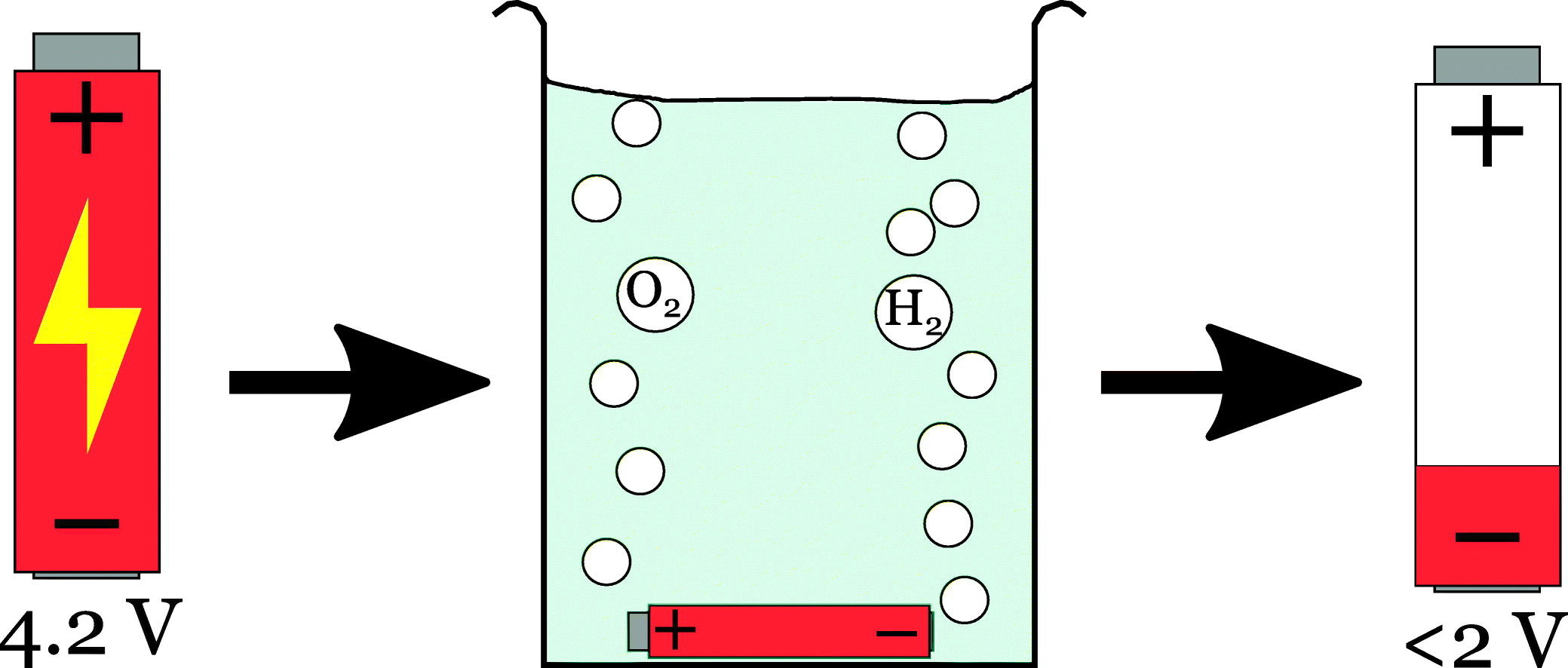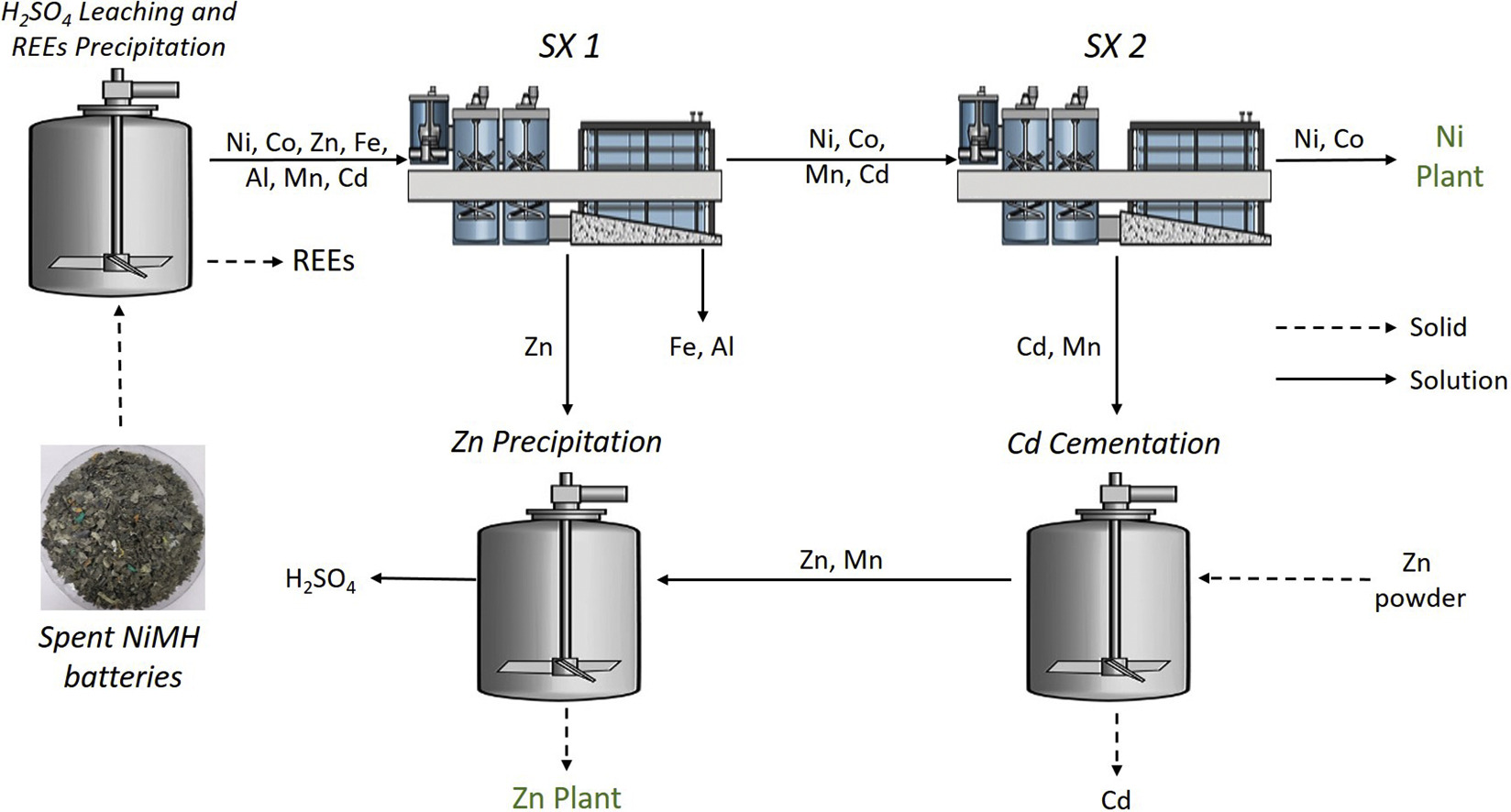Elsevier, Metabolism: Clinical and Experimental, Volume 101, December 2019
Background: Metabolic syndrome is characterised by a clustering of metabolic risk factors including abdominal obesity, raised triglycerides, lowered HDL cholesterol, hypertension and impaired glucose tolerance. Multifaceted lifestyle interventions including diet and exercise are recommended as the first-line treatment for the metabolic syndrome. Objective: To investigate the effects of lifestyle interventions that include both diet interventions and supervised exercise on outcomes for people with metabolic syndrome. Methods: A systematic review and meta-regression was conducted.
Elsevier, One Earth, Volume 1, 20 December 2019
Global warming, air pollution, and energy insecurity are three of the greatest problems facing humanity. To address these problems, we develop Green New Deal energy roadmaps for 143 countries. The roadmaps call for a 100% transition of all-purpose business-as-usual (BAU) energy to wind-water-solar (WWS) energy, efficiency, and storage by 2050 with at least 80% by 2030. Our studies on grid stability find that the countries, grouped into 24 regions, can match demand exactly from 2050 to 2052 with 100% WWS supply and storage. We also derive new cost metrics.
Elsevier, Sustainable Materials and Technologies, Volume 22, December 2019
The development of mass-market electric vehicles (EVs) using lithium-ion batteries (LIBs) is helping to propel growth in LIB usage, but end-of-life strategies for LIBs are not well developed. An important aspect of waste LIB processing is the stabilisation of such high energy-density devices, and energy discharge is an obvious way to achieve this. Salt-water electrochemical discharge is often mentioned as the initial step in many LIB recycling studies, but the details of the process itself have not often been mentioned.
Elsevier, Sustainable Materials and Technologies, Volume 22, December 2019
The utilization of existing metallurgical infrastructure and integration of secondary process streams into primary metals production can provide advantages over separate recycling plants. This paper focuses on the integration of a pregnant leach solution (PLS) into a nickel production plant that contains Ni, Co, Zn, Mn, Fe, Al and Cd ions, derived from a NiMH recycling stream.
Elsevier, Fire Safety Journal, Volume 110, December 2019
The International Association of Fire Safety Science (IAFSS) is comprised of members from some 40 countries. This paper presents the Association's thinking, developed by the Management Committee, concerning pressing research needs for the coming 10 years presented as the IAFSS Agenda 2030 for a Fire Safe World. The research needs are couched in terms of two broad Societal Grand Challenges: (1) climate change, resiliency and sustainability and (2) population growth, urbanization and globalization.
Elsevier, The Lancet Global Health, Volume 7, December 2019
Background: The population effects of armed conflict on non-combatant vulnerable populations are incompletely understood. We aimed to study the effects of conflict on mortality among women of childbearing age (15–49 years) and on orphanhood among children younger than 15 years in Africa. Methods: We tested the extent to which mortality among women aged 15–49 years, and orphanhood among children younger than 15 years, increased in response to nearby armed conflict in Africa.
Elsevier, Applied Soil Ecology, Volume 144, December 2019
More meaningful and useful soil health tests are needed to enable better on-farm soil management. Our objective was to assess the relationship between field management, soil health, and soil microbial abundance and composition (phospholipid fatty acid analysis (PLFA)) in soil collected from two fields (farmer-designated ‘good’ versus ‘poor’) across 34 diverse (livestock, grain or vegetable cropping) farms in Maritime Canada.
Elsevier, Leadership Quarterly, Volume 30, December 2019
It is a well-documented phenomenon that a group's gender composition can impact group performance. Understanding why and how this phenomenon happens is a prominent puzzle in the literature. To shed light on this puzzle, we propose and experimentally test one novel theory: through the salience of gender stereotype, a group's gender composition affects a person's willingness to lead a group, thereby impacting the group's overall performance.
Elsevier, Leadership Quarterly, Volume 30, December 2019
Many factors have been proposed as potential causes for the underrepresentation of women in leadership positions. The present research leverages computational modeling and simulation to examine the impacts of external hiring and developmental opportunities, which may have consequences at different junctures in women's leadership labyrinth. Two agent-based simulations examined 1) the emergence of gender stratification in gender-balanced organizations and 2) the impact of reducing bias in external hiring and developmental opportunities in gender-stratified organizations.


